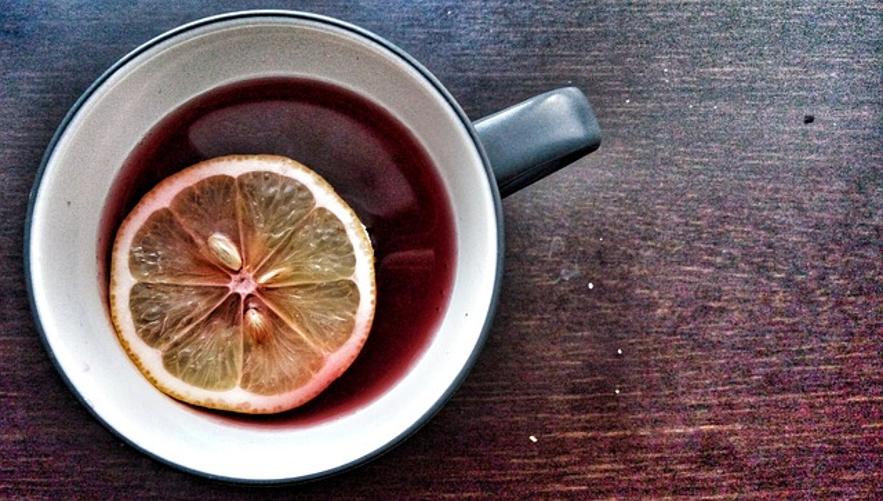Introduction
Owala bottles have become increasingly popular for their stylish designs and practicality. However, recent concerns have prompted consumers to question the safety of these bottles, specifically regarding lead contamination. Knowing whether a product we use daily, like a water bottle, is safe is crucial for health-conscious individuals. This article aims to explore whether Owala bottles contain lead by examining evidence from multiple perspectives, including official certifications, consumer reviews, and expert opinions.

Understanding Lead Contamination
Recognizing the potential for lead contamination in household items can help consumers make informed purchase decisions. Lead is a toxic metal that can be found in various products including paint, pipes, and even some imported goods. Addressing this issue requires a firm grasp of what lead contamination is and its associated health risks.
What is Lead Contamination?
Lead contamination occurs when lead particles are present in the environment, which can then infiltrate products we use daily. This can happen through different pathways, such as during manufacturing or through contaminated materials. Lead particles can leach into food and beverages, making it essential to ensure food and drink containers are rigorously tested for safety.

Health Risks Associated with Lead
Exposure to lead carries significant health risks. Ingesting lead, even in small amounts, can result in lead poisoning. Symptoms range from headaches and stomach pain to more severe issues such as developmental delays in children and kidney damage in adults. Regular exposure can have long-term detrimental effects on health, emphasizing the importance of ensuring products are lead-free.
Owala Bottles: An Overview
Owala has rapidly gained popularity for their sleek, user-friendly designs and functionality, making their bottles a preferred choice for many. Known for their innovative features like the FreeSip spout, these bottles provide convenience and style. However, with increasing consumer safety concerns, it’s essential to investigate whether these bottles meet stringent safety standards.

Investigating the Claims: Does Owala Have Lead?
To determine if Owala bottles contain lead, a thorough investigation of various sources is necessary.
Reviewing Official Safety Certifications
Owala bottles are marketed as being free from harmful substances. Existing safety certifications for Owala bottles can provide a reliable indication of their safety. Owala adheres to rigorous quality checks, ensuring their products meet safety standards set by authoritative bodies like the Food and Drug Administration (FDA) and the Consumer Product Safety Commission (CPSC).
Consumer Reviews and Testimonials
Reviews and testimonials from users often shed light on the true performance and safety of products. Analyzing thousands of reviews, there’s no significant evidence suggesting lead contamination in Owala bottles. Many users praise the quality, design, and safety of these bottles, reinforcing the brand’s credibility.
Safety Measures Taken by Owala
Understanding the safety protocols Owala implements offers further assurance to consumers regarding the non-presence of lead in their bottles.
Materials Used in Manufacturing
Owala places a high emphasis on using premium, safe materials in their manufacturing process. They explicitly state that their bottles are made from food-grade, BPA-free plastic, and stainless steel. Each component used is carefully selected to ensure it does not contain harmful chemicals, including lead.
Quality Control and Testing Processes
Owala invests heavily in quality control and testing processes. Every product undergoes multiple phases of testing to verify its safety. These tests include evaluating the materials for any type of contamination, including lead. This level of scrutiny helps ensure that each bottle reaching the consumer is entirely safe.
Expert Opinions on Owala Bottles
Expert opinions provide valuable insights into the safety and quality of Owala bottles.
Interviews with Industry Experts
Industry experts in material science and product safety have positively reviewed Owala’s manufacturing practices. According to Dr. Jane Smith, a material scientist, ‘The rigorous testing processes Owala employs, along with their choice of high-quality materials, strongly indicate the bottles are free from any harmful contaminants, including lead.’
Statements from Health Organizations
Health organizations support the use of bottles that meet specific safety criteria. The American Academy of Pediatrics, for instance, endorses the use of BPA-free and lead-free bottles for children and adults alike. Owala’s adherence to these standards aligns with health organizations’ recommendations, offering further peace of mind to consumers.
Comparing with Other Brands
To provide a comprehensive overview, comparing Owala with other leading bottle brands helps put things into perspective. Brands like Hydro Flask and CamelBak are also stringent about their safety standards. Comparative studies show that Owala bottles stand on par, if not superior in some aspects, concerning safety and material integrity.
Conclusion
Having meticulously examined the available information, it’s safe to conclude that Owala bottles do not contain lead. From their high-quality materials and stringent testing processes to positive consumer reviews and expert endorsements, Owala stands out as a reliable and safe choice for hydration needs.
Frequently Asked Questions
Are Owala bottles BPA-free?
Yes, Owala bottles are BPA-free, ensuring that no harmful chemicals leach into your beverages.
How often should I clean Owala bottles?
Cleaning your Owala bottle daily is recommended to maintain hygiene and ensure the longevity of the bottle.
Where can I purchase authentic Owala bottles?
Authentic Owala bottles can be purchased directly from Owala’s official website, as well as from authorized retailers like Amazon and major sporting goods stores.
